One of the most important things to know before entering any country is how you are going to pay for anything once you are there. Do hotels take card? Are ATMs common? How much cash do I need? Etc.
These questions are especially important in China where the monetary situation is markedly different to most countries.

Mobile Payment (WeChatPay/AliPay/UnionPay)
By far the most common method of paying for anything in China is through mobile apps. The universal social media app in China is WeChat and it has a wallet & pay function. The vast majority of Chinese people will pay for every transaction by scanning the seller’s QR code and transferring the required amount. Everyone from hostels, to small grocery stores to even some beggars will have a QR code! It’s only once you get into the rural or minority areas that cash becomes more frequently seen. AliPay is a similar system widely used and accepted but not nearly as extensive as WeChatPay.
This system is clearly hugely convenient but has a couple of drawbacks. Firstly, every scrap of payment information is given to the Chinese government. Secondly it is extremely difficult for foreigners to access this system. Until recently it was a requirement to have a Chinese bank account to set up any mobile wallet in China. Since this is not possible for foreigners on tourist visas, this payment method was totally unavailable.
If you are planning to enter on a student or work visa then you can set up this system once your bank account is open. There is a lot of information online about how to do this but I have only ever had a tourist visa so cannot advise.
As of November 2019, both AliPay and WeChat have announced that it will be possible to use their systems with foreign credit cards. If this is achievable then it will be a game changer for travelling in China! I am currently investigating this.
If it is at all possible for you to access a mobile payment system in China I highly recommend that you do.
Credit Cards
One of the biggest surprises on entering China is that your foreign card is almost completely useless! Nowhere has card readers. Maybe the high-end hotels and restaurants will have them available but in all my backpacking here I have only seen a couple in random places (like the main station in Urumqi, Xinjiang).
I only ever use my credit card in China for online advance train purchases, online flight purchases and to withdraw cash.








Cash
Without access to a mobile payment method and no card readers available China is a cash-only country for most travellers. Luckily there is very little to make life difficult in this respect. Cash is accepted almost everywhere (I only remember 1 bar that was mobile only) and while many vendors will be taken aback when you present cash instead of your mobile, it has never been an issue.
The currency is RMB or Yuan but is almost always referred to as Kwai when speaking. The denominations are:
- 100 RMB – all you will ever receive from ATMs and the largest note. Read below for the important scam to be aware of regarding these
- 50 RMB
- 20 RMB
- 10 RMB
- 5 RMB
- 1 RMB – notes and coins, stockpile both for metros and local buses
- 5 jiao – half a RMB, notes and coins, rarely ever used (so rarely I didn’t have a note for a picture)
- 1 jiao – 10th of a RMB, worthless, notes and coins but notes are extremely rare
Make sure to learn your Chinese numbers quickly and the hand gestures that go with them. Guide here.
As of November 2019 100 RMB is worth approximately £10.90/€12.70/$14.20. Decide for yourselves how much you feel you need to carry. I usually withdraw 1000 RMB at a time from an ATM and don’t carry much more than this.
This will likely be your main purchase method so before you travel try to get a card with low/no ATM fees and a good conversion rate for RMB.
ATMs
I have generally found ATMs to be very common do have rarely had trouble with lack of cash. There is some disagreement on this among travellers here though so I’ll detail what banks to look for and where they are rarer.
There are 4 nationwide banks that operate 24hr cash machines and accept all major foreign credit cards. These are
- Bank of China
- Construction Bank
- ABC (Agricultural Bank of China)
- ICBC (Industrial and Commercial Bank of China)
All of these accept Visa and Mastercard and do not charge an ATM fee for withdrawals. These 4 can be found throughout the country alongside a huge range of local banks, none of which will accept foreign cards as far as I have seen. I have also had infrequent success with Postal Bank but cannot recommend relying on it.
Most cities will have large numbers of all 4 of these banks. Towns will likely have at least one of each though they often tend to be clustered together. The following places have been difficult for me to withdraw money:
- Beijing centre – for whatever reason there are almost no cash machines at all in the central area of Beijing where most of the hostels are. I’m pretty sure this is why many people think it is hard to withdraw money in China. Your accommodation will certainly be able to direct you to one nearby but it may be hard to find (the nearest to me was inside a large cosmetics store)
- Rural towns – the more rural you go, the less banks you will find and most of them will be local banks that foreigners cannot use. This is mostly an issue for hitchhikers and campers and should be considered for how much cash you keep on hand. I can’t give specific advice, rural China is too vast, but most rural areas with a specific tourist attraction will have branches of the big 4 banks.
- Inside national parks – probably goes without saying that there are rarely banks inside the park areas. This is only an issue if you are unprepared or intending to stay long periods inside the larger parks with accommodation available, such as Songshan and Yading




Exchanging Money
In most countries I keep a backup of hard currency to convert if necessary. Since this is almost always a worse trade than using a specialist foreign travel credit card I never rely on it. This is possible in China but significantly more difficult. Currency exchange stores do not exist! At all! You will find touts near the borders who will give you a bad exchange rate but most of China is not near any border.
The only option is Bank of China. They are able to exchange most currencies into RMB but it is not an easy process. I should say that I am going by what I’ve been told here as I have never had to do it myself.
The exchange will require multiple forma to be filled out, demonstration and scan of your passport and significant assistance from the staff at the branch. The staff are very unlikely to be experienced with this process, as it is extremely rare, and are also unlikely to speak English or any other foreign language, it just isn’t part of the job description.
If you have to exchange money, look for your nearest Bank of China, and good luck!
The Fake 100 RMB Notes Scam
There is an unfortunately common scam in China regarding fake 100 RMB notes. I have only been hit by this once but am detailing it here so you know what to look out for.
If you purchase something by handing over a 100 RMB note you should make sure to keep your eye on it until you have received your change. Otherwise it may be swapped with a fake note beneath the counter. This will then be indignantly returned to you as though you were trying to pay with a fake note and you will be expected to pay again. As there will almost certainly be a gigantic language barrier as well it is very hard to defend yourself especially if you don’t know what to look for.
This happened to me in a small appliances store in Beijing, buying chargers. It was only when I got back to the hostel and discussed it that I learned about the scam and that I had overpaid by 100 RMB, not the end of the world at least.
The fake notes look virtually identical but feel different. To the best of my knowledge you will never get a fake note from an ATM. I have never heard of fake notes being an issue for denominations other than the 100 RMB.
Apparently these notes used to be much more widespread and many hotels, hostels, stations and stores have machines that they will run the notes through to authenticate them.

A Genuine 100 RMB Note – identifyable by its watermark

A Fake 100 RMB note – They are slightly smaller and feel noticably different. This one was heavily folded by me so i didnt get it confused and try to spend it!
Last Updated: November 2019
Other guides to check out before you travel:
Click on the headings to see the related guides
Where to go – Check out my extensive set of location guides for where to travel on your trip to China
What to Expect – Many people decide quickly that they do not like being in China. I disagree heavily! Prepare yourself for what a trip to China will be like
Preparing for your visit – What do to before you arrive in China to make your visit easier
Getting Around – High and low speed trains, flights, coaches, public buses, metros or just walking around; here’s how to get where you are going
Useful Characters and Phrases – how to get by with the minimum Mandarin for those who haven’t, can’t or won’t have a chance to learn

Sign up below for email notifications of my monthly updates, and for the best stories, guides and information from my travels.
Please help me keep this website as accurate and helpful as possible
One of the biggest problem I have found with online travel information is that it becomes obsolete very quickly. If you have read anything here that you think may be incorrect, incomplete or out of date then please send me a message using the Contact page or leave a comment below.
Also I would be delighted if anyone is able to send in further tips and logisitcal information that I can add to this page to make it as helpful as possible. Thanks everyone!


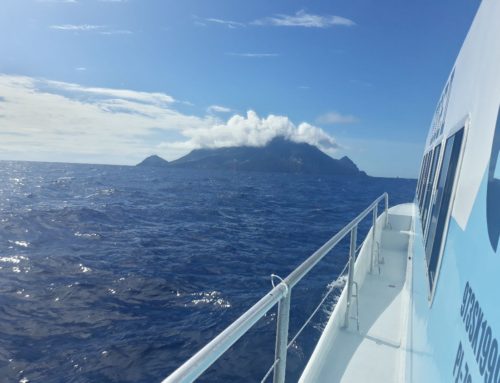
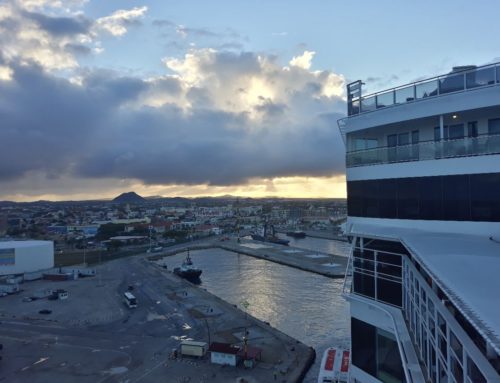
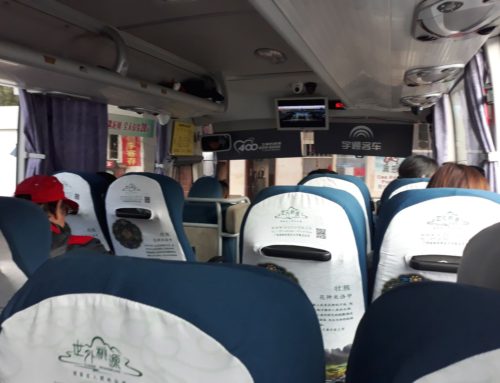
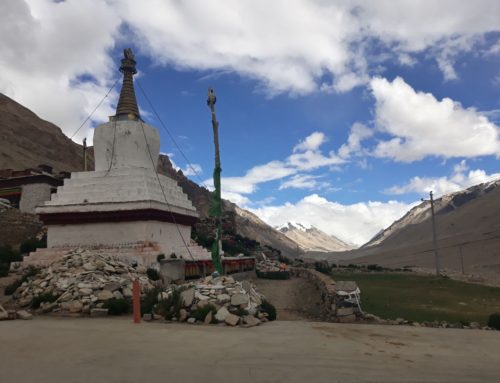
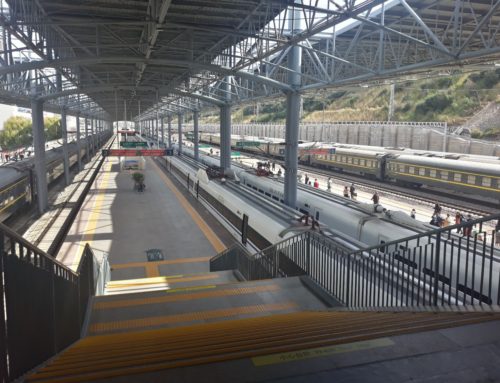
Leave A Comment